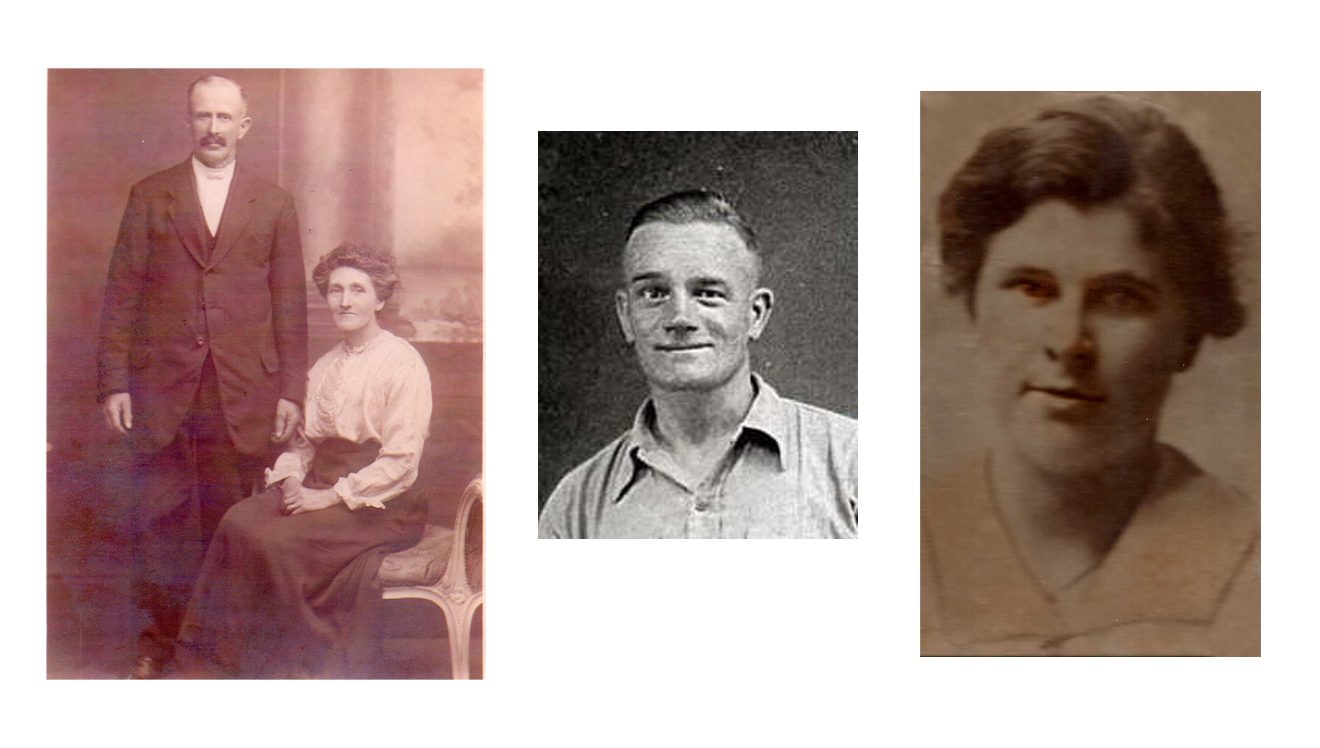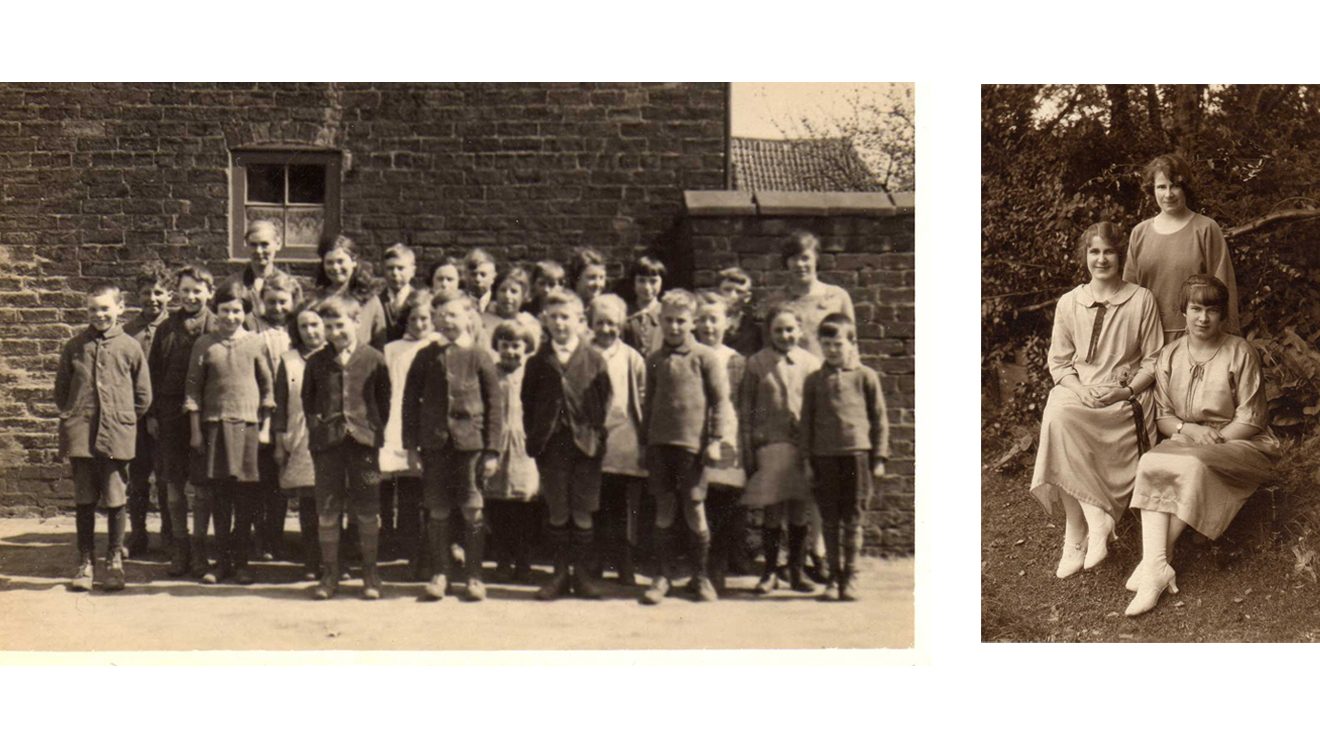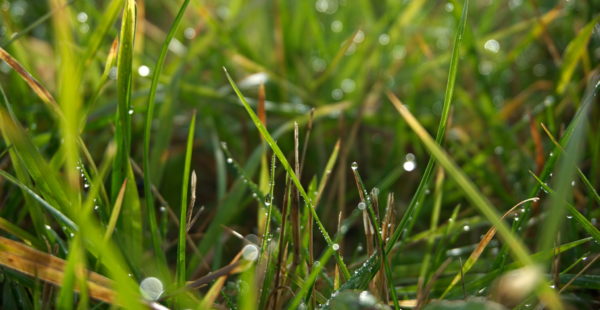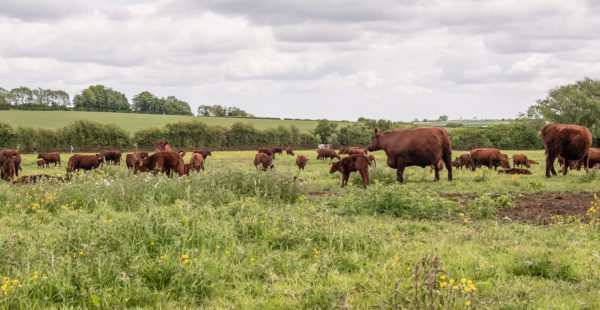My Days – Chapter One
Prologue
My mother, Kathleen Brown, encouraged by a neighbour, sat down in the early 2000s and began to write her life story. For someone who left school at fourteen-years old, and who rarely read a book or newspaper, this is an amazing chronicle. She did, however, always enjoy conversation, story-telling and letter-writing. This shines through in this memoir.
Her account of her childhood and young womanhood is a real insight into the life of someone brought up in rural Lincolnshire in the first part of the twentieth century. Especially poignant are her thoughts and feelings as she looks back on those and later years.
What you are about to read is all in mum’s own words. Nothing has been changed or added, apart from section headings and photographs. Enjoy the journey.
David Brown (son)
Introduction
Kathleen Brown. Born 28th May 1915 at Withern near Mablethorpe. I’m just writing this book for my only living son and his wife, Pam. They are a wonderful pair. I don’t know what I’d have done if I hadn’t had them after my dearest Bert passed away on 18th September 1997.
We had known each other since 1932. I was only 16 then, and Bert 19. A long time, eh? I was in private service at South Ormsby Hall, near Louth, and Bert was gardener and handyman at the Old Rectory. Bert used to drive Mrs Ward, the rector’s wife, all over in the car when Rev Ward went to Scotland grouse-shooting. They had big shoots at the Hall and Bert was Rev Ward’s gunman. Bert loved it. They went shooting a lot together.
We loved those days – us maids, I mean. There were big lunch parties, and the men used to have lunch downstairs in the big room. The cook, Mrs Smalley, made rabbit pies and apple pies for the men. They were good times, but hard work. Sometimes, nearly 20 stayed at night for dinner. There were proper staff though. We had some wonderful times, and Mrs Massingberd-Mundy was a lovely lady to work for. It was a good life if you got on with the right people, which I did.
Before I went there, I was with another lady and gent at Market Stainton Hall. They were very nice and had a lovely daughter who used to go fox-hunting. The hounds used to meet at the Hall and us maids used to serve drinks to them outside. At night, the daughter, Lydia, used to come into our sitting room and tell us all about the day. It was great. I liked being there very much. It was near home. I used to bike home on my days off. Lydia’s mum wasn’t well, though, and she was always on at the maids so they didn’t stay for long. The work got too hard for me as I was doing other people’s work as well as my own. That was why I left and went to South Ormsby Hall.
It was thirteen miles from home. I was very lonely until I met Bert. My sister Grace worked at Skendleby Hall near Spilsby. I used to bike there on my half-day off; about six miles. It was lonely on my own. I met Bert at our Christmas Party at the Hall, which Mrs Massingberd-Mundy, the lady, used to give us every year. Bert had a motorbike so we used to go all over. He took me home, thirteen miles away. Sometimes in the summer we push-biked. I enjoyed the country. I used to go in the afternoon, and Bert would bike-ride home with me at night.
That’s a little glimpse of how I started out in life. Now, I’ll go back to the beginning.
My Early Days
My mother was born in Dublin. She had one sister with a little girl and boy*. That is all I know about her family as I never met them. My father was born in Grimoldby near Cockerington. His father and mother were farmers. He had two brothers. They all went in to farming when they grew up, except dad to start with.
My father married and lived in Mablethorpe. He had four daughters. His wife and a little boy died in childbirth. My mum was working at a hotel in Mablethorpe and that’s where she met my dad. My dad at that time was driving horses and carriages, taking people for rides along the beach, and fetching them from the station to their boarding houses.
Mum went as housekeeper to him, then married and looked after his four girls. Mum had a boarding house in Mablethorpe for a while. Nora**, Grace and Sid were born at Mablethorpe. They left when Dad went to farm a smallholding at Withern, and that’s where I was born.
We left there when I was two-years old and went to Welton le Wold near Louth. Dad got a job as a groom on the farm of a Mr Marshall. I remember going across the road to his saddle-room, as they called it, and watching dad polishing the next day’s horse harnesses. Dad used to take us for rides. It was great out there.
* Kath’s mother was actually born in Calcutta, not Dublin, to Irish parents (ref. 1911 census). She had six brothers and a sister.
** Nora (or ‘Norah’) was actually born in Nottingham, before her mother was married – father unknown.







